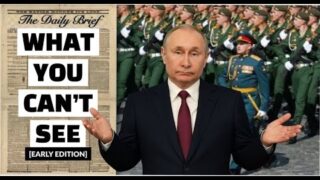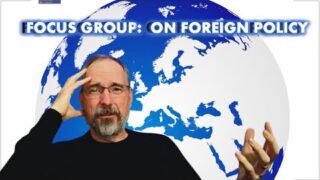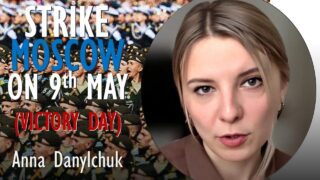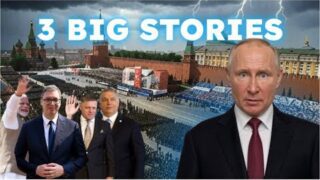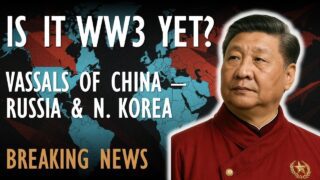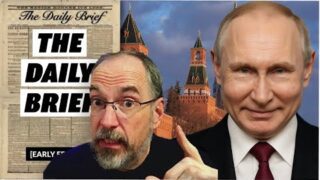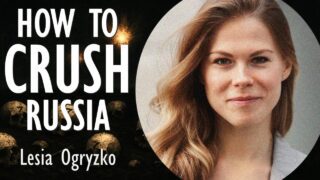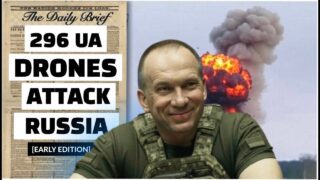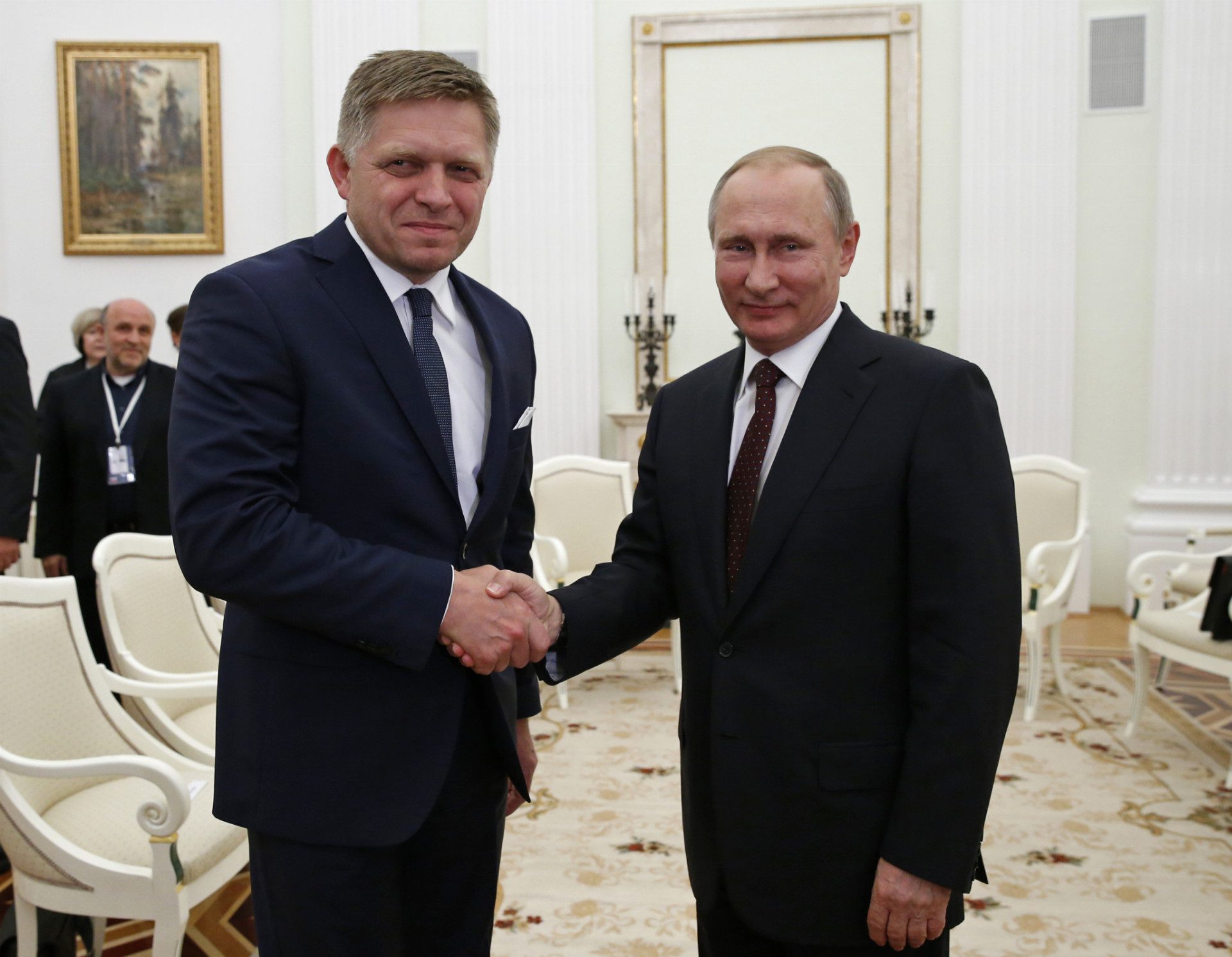
Slovak PM accepts Putin’s invitation to Moscow Victory Day celebrations in 2025
Slovak Prime Minister Robert Fico announced he has “gladly accepted” Russian President Vladimir Putin’s invitation to attend the 9 May Victory Day celebrations in Moscow, according to his Facebook post.
Since Viktor Orbán’s return to power in 2010, Hungary has pursued a foreign policy that emphasizes closer ties with Russia. This shift was formalized through Orbán’s “Eastern Opening Policy,” which sought to strengthen relations with non-Western countries, particularly Russia and China. The relationship has deepened significantly since the onset of the Ukraine crisis in 2014 and 2022, with Hungary often acting as a counterbalance to EU policies towards Russia.
Fico said that Slovak citizens honor the anniversaries related to the territory’s liberation by the Red Army in 1944-1945, highlighting the historical significance of Soviet assistance during the Slovak National Uprising.
He stated that the Slovak government values “the historical truth about World War II and the role played by the Red Army.”
The prime minister indicated that his government will organize a series of events in 2025 commemorating the victory over fascism, culminating in May celebrations.
“Naturally, as prime minister, I have great interest in participating in the official victory celebrations in Moscow on 9 May 2025,” Fico wrote.
This invitation follows Fico’s October interview with the Russian television program “60 Minutes,” hosted by propagandist Olga Skabeyeva, where he expressed his desire to visit Moscow on Victory Day.
Fico has advocated previously for restoring normal relations with Russia after the Ukrainian conflict and assured that his government, which will be in power until 2027, will “carefully maintain friendly relations with Ukraine.”
The Prime Minister of Slovakia adopted often contradictory stance regarding support for Ukraine amidst the ongoing war with Russia. His position reflects a blend of skepticism towards Western military aid and a cautious approach to maintaining relations with Ukraine.
His government has not vetoed EU aid to Ukraine so far. He has made it clear that military aid will not be forthcoming from Slovakia under his leadership.
Fico has firmly stated that he will oppose Ukraine’s accession to NATO for the duration of his term. He claims that such a move could escalate tensions and potentially lead to a larger conflict.
Read also:



